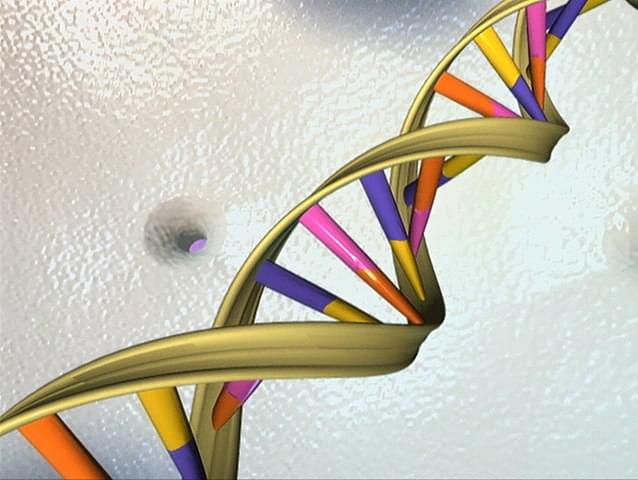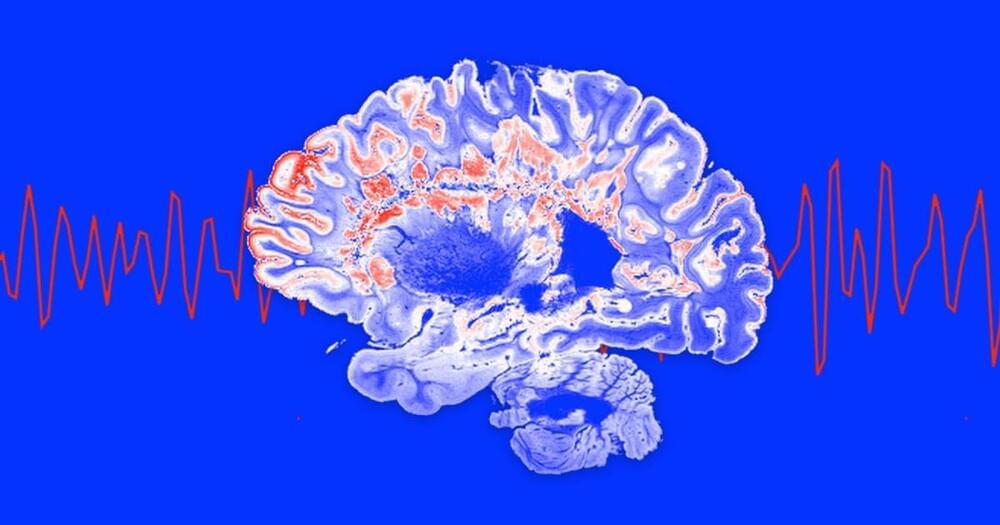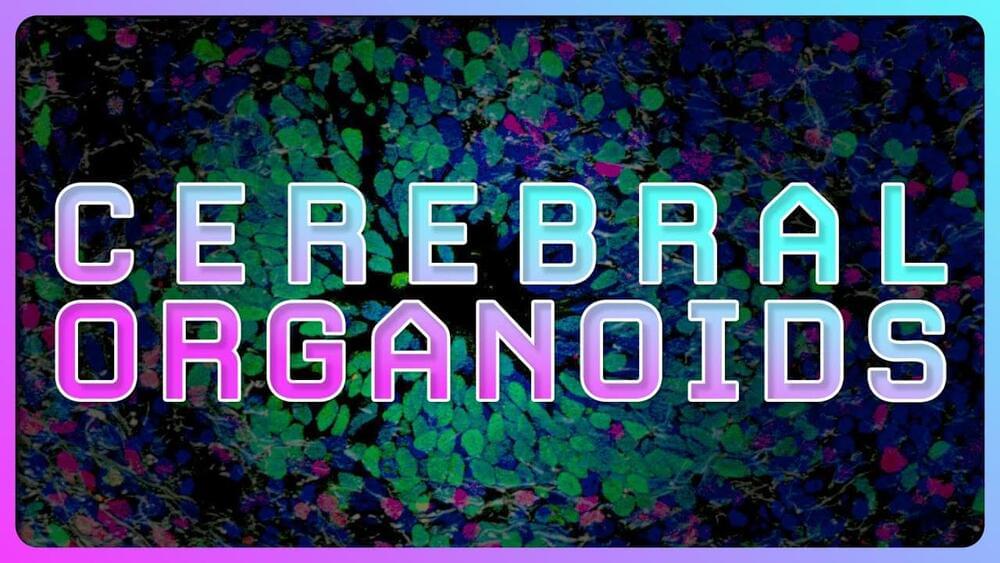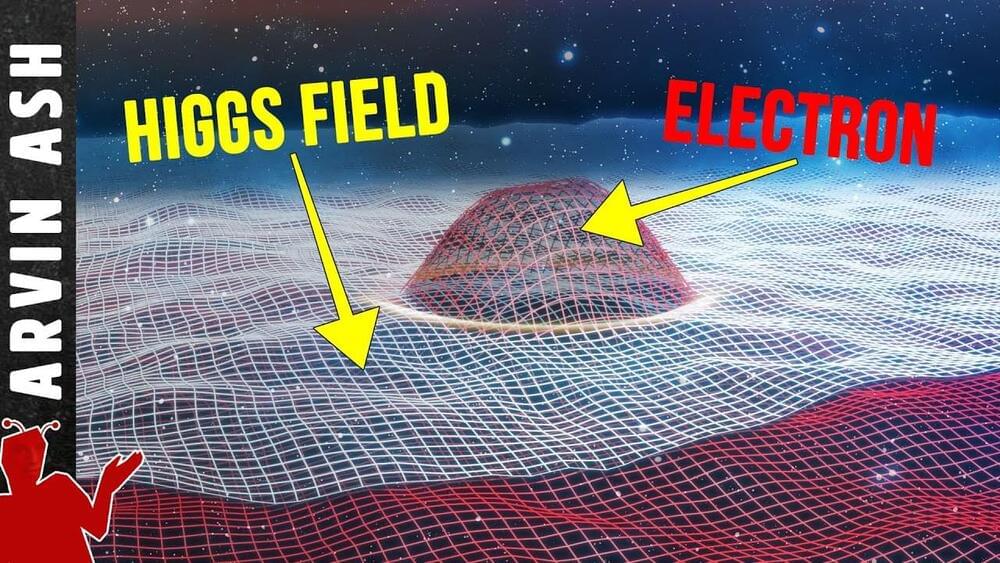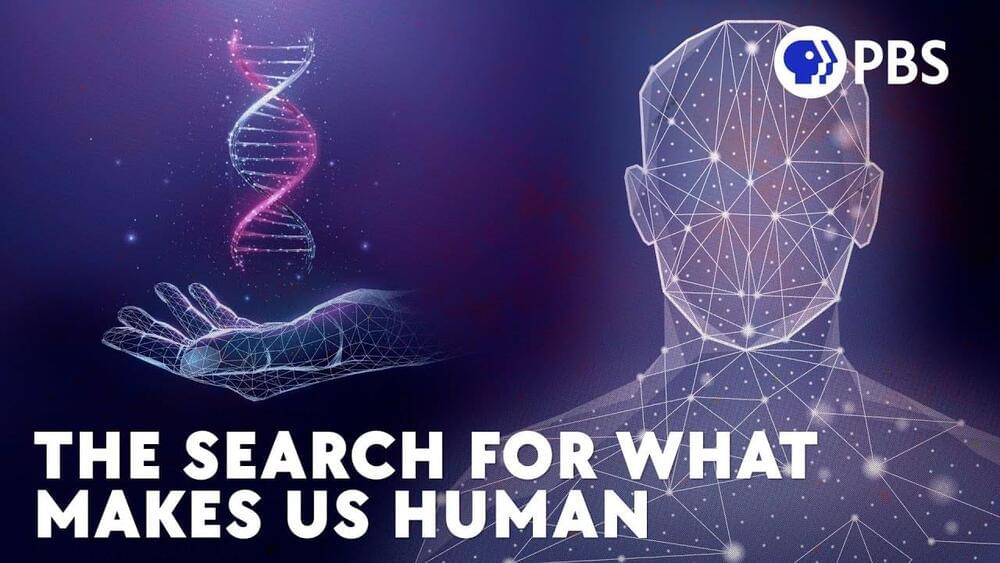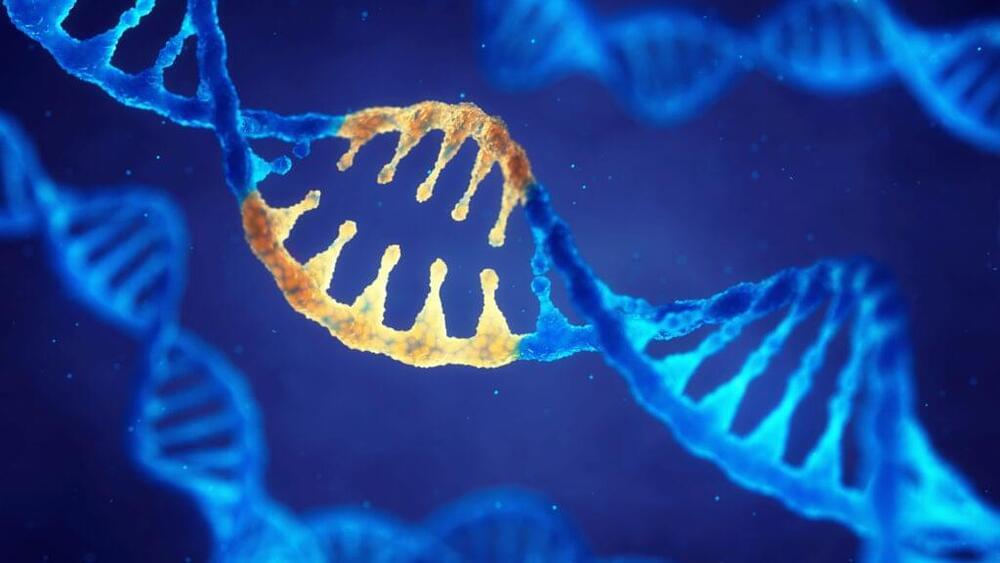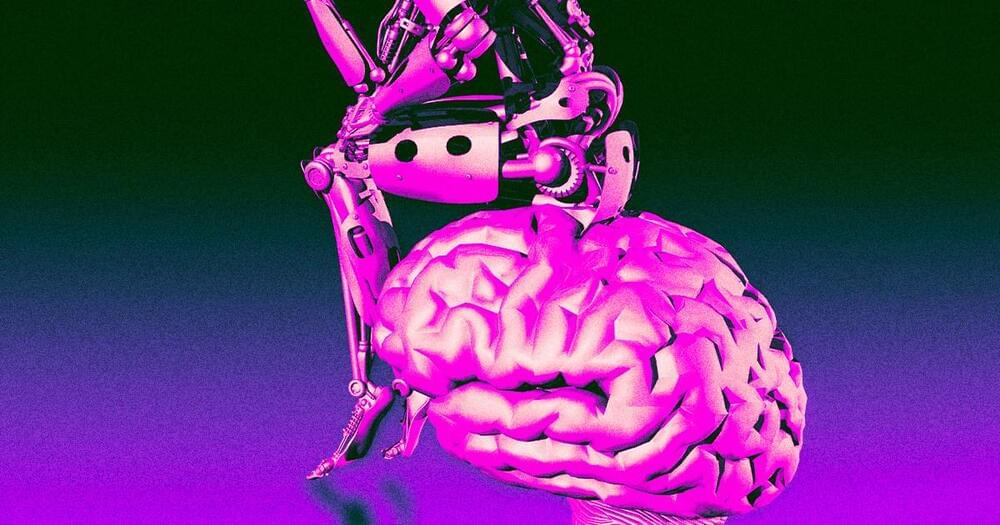
Fresh on the heels of GPT-4’s public release, a team of Microsoft AI scientists published a research paper claiming the OpenAI language model — which powers Microsoft’s now somewhat lobotomized Bing AI — shows “sparks” of human-level intelligence, or artificial general intelligence (AGI).
Emphasis on the “sparks.” The researchers are careful in the paper to characterize GPT-4’s prowess as “only a first step towards a series of increasingly generally intelligent systems” rather than fully-hatched, human-level AI. They also repeatedly highlighted the fact that this paper is based on an “early version” of GPT-4, which they studied while it was “still in active development by OpenAI,” and not necessarily the version that’s been wrangled into product-applicable formation.
Disclaimers aside, though, these are some serious claims to make. Though a lot of folks out there, even some within the AI industry, think of AGI as a pipe dream, others think that developing AGI will usher in the next era of humanity’s future; the next-gen GPT-4 is the most powerful iteration of the OpenAI-built Large Language Model (LLM) to date, and on the theoretical list of potential AGI contenders, GPT-4 is somewhere around the top of the list, if not number one.
